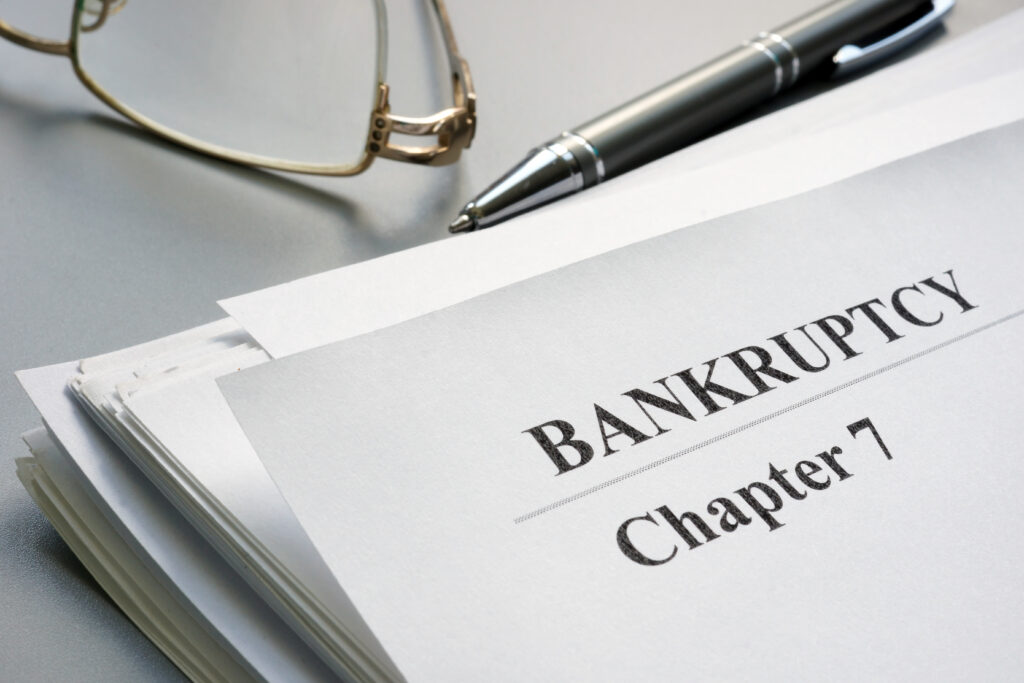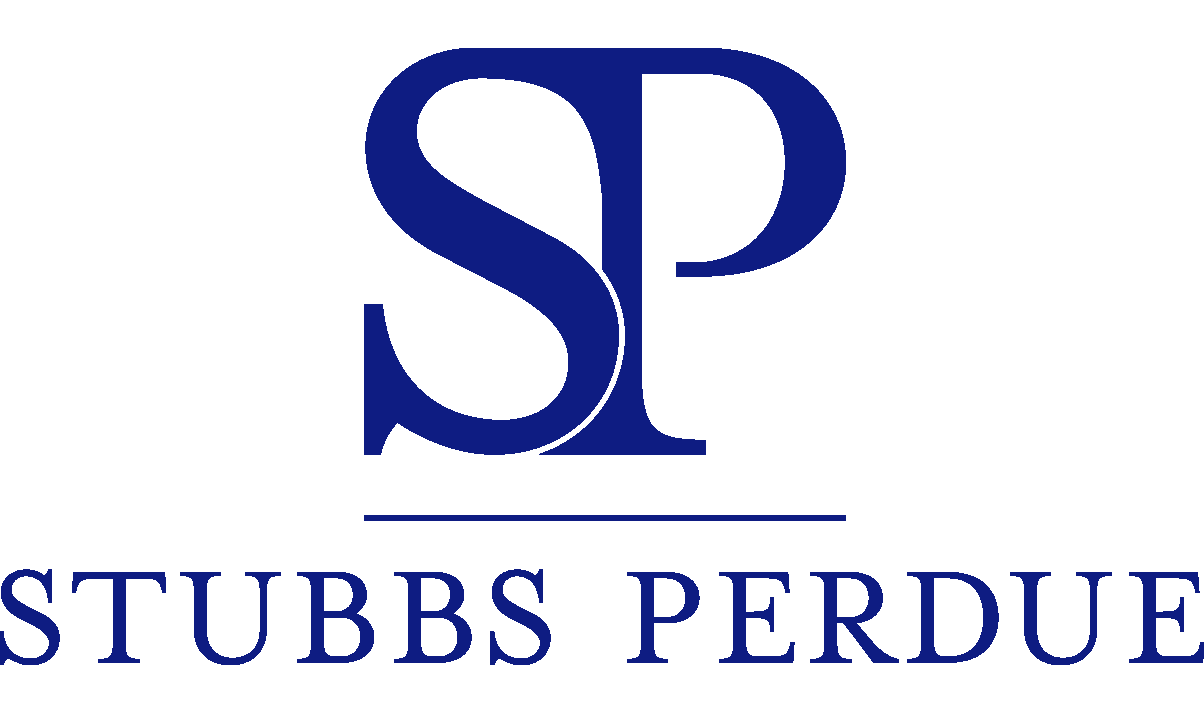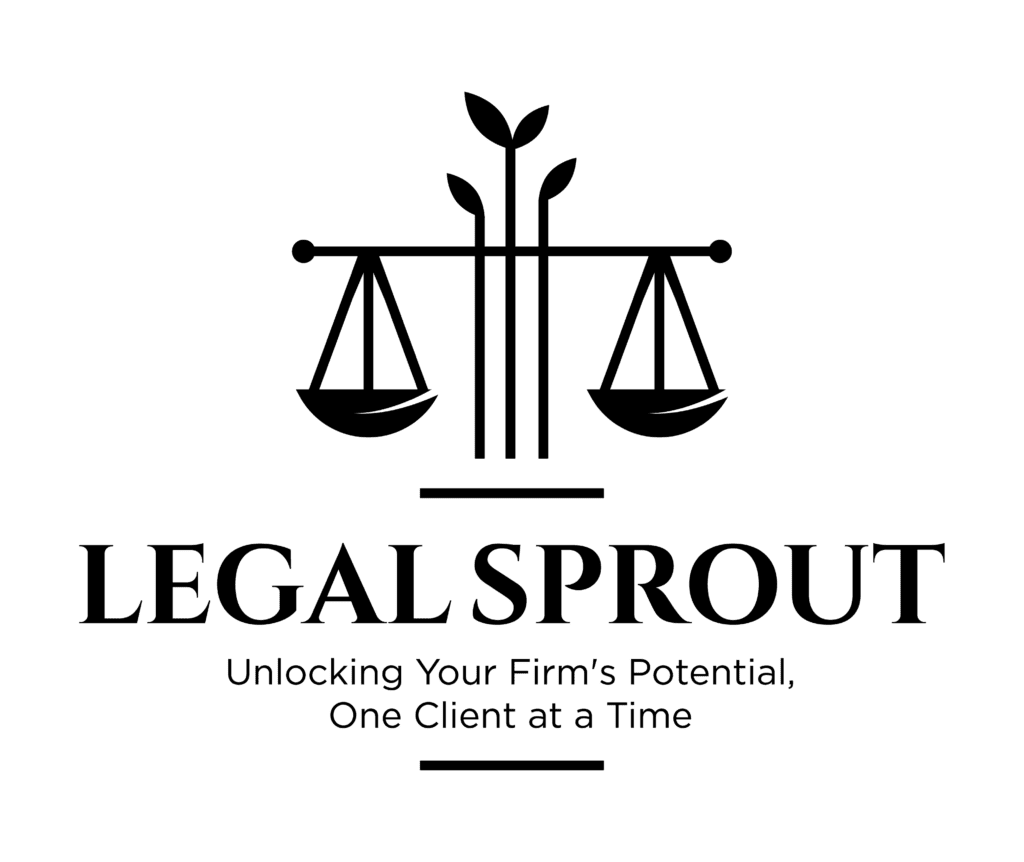Chapter 7 Bankruptcy
Chapter 7 Bankruptcy with stubbs & Perdue
Discover a legacy of trust and compassion with over 50 years of Stubbs & Perdue guiding Eastern North Carolina through bespoke debt relief and bankruptcy solutions, designed to offer both individuals and businesses a path back to financial stability and peace of mind.
What is Chapter 7 Bankruptcy in North carolina?
Chapter 7 Bankruptcy, often referred to as “liquidation” or “straight bankruptcy,” is a process designed to provide relief to individuals and businesses overwhelmed by debt. By filing for Chapter 7, debtors are able to liquidate their non-exempt assets through a bankruptcy trustee to pay off creditors. This form of bankruptcy is particularly suited for individuals who have limited income and are unable to repay their debts over time.
Is Chapter 7 Bankruptcy Right for Me?
Deciding to file for Chapter 7 bankruptcy is a significant decision that depends on your specific financial situation. If you’re facing insurmountable debt and looking for a fresh start, Chapter 7 may offer the relief you need. However, it’s important to weigh the benefits against the potential consequences, such as the impact on your credit and the loss of property.
For personalized advice and to explore all your options, consider consulting with a bankruptcy attorney in Eastern North Carolina. They can provide you with guidance tailored to your unique circumstances.
Who Can File for Chapter 7 Bankruptcy in Eastern North Carolina?
To qualify for relief under Chapter 7 of the Bankruptcy Code, the debtor may be an individual, a partnership, or a corporation or other business entity. 11 U.S.C. §§ 101(41), 109(b).
Businesses and Individuals: Chapter 7 Bankruptcy provides a pathway for both individuals and businesses overwhelmed by debt to find relief. Here’s how it applies to each:
For Individuals: Individuals seeking relief from insurmountable debt can file for Chapter 7 to liquidate non-exempt assets in order to pay off creditors. This process is designed for those who find themselves unable to maintain regular payments on their debt obligations.
For Businesses: Businesses, ranging from sole proprietorships to large corporations, can also seek refuge under Chapter 7 bankruptcy for a clean closure. Filing allows businesses to liquidate their assets through a trustee to pay off debts. This option typically leads to the cessation or winding down of business operations, offering a structured method to close business activities and address debts.
Still have questions? Book a free consultation
what's the process for Chapter 7 Bankruptcy in nC?
- Consultation with a Bankruptcy Attorney: It’s crucial to start by consulting with a knowledgeable bankruptcy attorney to discuss your financial situation and determine if Chapter 7 is the best path for you.
- Filing the Petition: Your attorney will help prepare and file a bankruptcy petition along with schedules listing your assets, debts, income, and expenses.
- Automatic Stay: Once filed, an automatic stay immediately stops most creditors from pursuing debt collection actions against you.
- Meeting of Creditors: Approximately a month after filing, you will attend a meeting of creditors, where the trustee and any creditors can ask you questions about your bankruptcy filing and finances.
- Liquidation: If you have non-exempt assets, the trustee will sell these to pay off your creditors as much as possible.
- Discharge: Upon completion of the bankruptcy process, most of your remaining unsecured debts will be discharged.
What is the “Means Test" in north carolina?
To qualify for Chapter 7 bankruptcy in Eastern North Carolina, individuals must pass the “means test” which compares your income to the median income for a household of your size in the state. If your income is below the median, you qualify to file under Chapter 7.
The means test is only for individuals. It’s essential for businesses considering a Chapter 7 option to consult with a bankruptcy attorney to understand eligibility criteria.

What are Chapter 7 “Exemptions?”
You will be allowed to claim certain property as exempt which protects it from sale by the Trustee or creditors. Examples of exempt properties can include your place of residence, personal property, and retirement accounts. Due to these exemptions, most Chapter 7 cases are classified as “no asset” cases and no sale or liquidation occurs.
Exemptions exist at the state and federal level and vary by state, it is important to consult with an experienced bankruptcy attorney to determine which of your assets qualify as exempt. Carefully choosing the right exemptions can help you retain more of your property through the bankruptcy process. For instance, if you have significant equity in your home, you’ll want to ensure that your homestead exemption is maximized. Similarly, if you have valuable personal property, understanding how to apply exemptions to protect these items is crucial.
Pros and cons of filing for chapter 7 bankruptcy in NC
Pros
- Debt Relief: The most significant advantage is the discharge of unsecured debts, such as credit card debt, medical bills, and personal loans, offering a fresh financial start.
- Quick Process: Chapter 7 bankruptcy typically concludes within 3-6 months, making it faster than other bankruptcy chapters.
- No Repayment Plan: Unlike Chapter 13 bankruptcy, Chapter 7 does not require a repayment plan. Debtors are not obligated to pay back a portion of their debts.
Cons
- Loss of Property: Non-exempt assets might be sold by the bankruptcy trustee to pay off creditors. This may include property such as a second home, second car, stocks, bonds, or valuable collections.
- Impact on Credit Score: Filing for bankruptcy significantly affects your credit score, making it difficult to obtain credit, buy a home, or sometimes secure employment for several years.
- Not All Debts are Discharged: Certain debts, including most student loans, child support, alimony, and some taxes, cannot be discharged in bankruptcy.
Disclaimer: This FAQ is for informational purposes only and does not constitute legal advice. Each financial situation is unique, and laws may vary by location. For specific advice related to your situation, please contact a bankruptcy attorney.
Contact our office
To schedule a consultation, kindly complete the form provided below.

